In Which I Revive a Letter-Writing Practice to the Dead As an Excuse to Rant about the Last Five Years
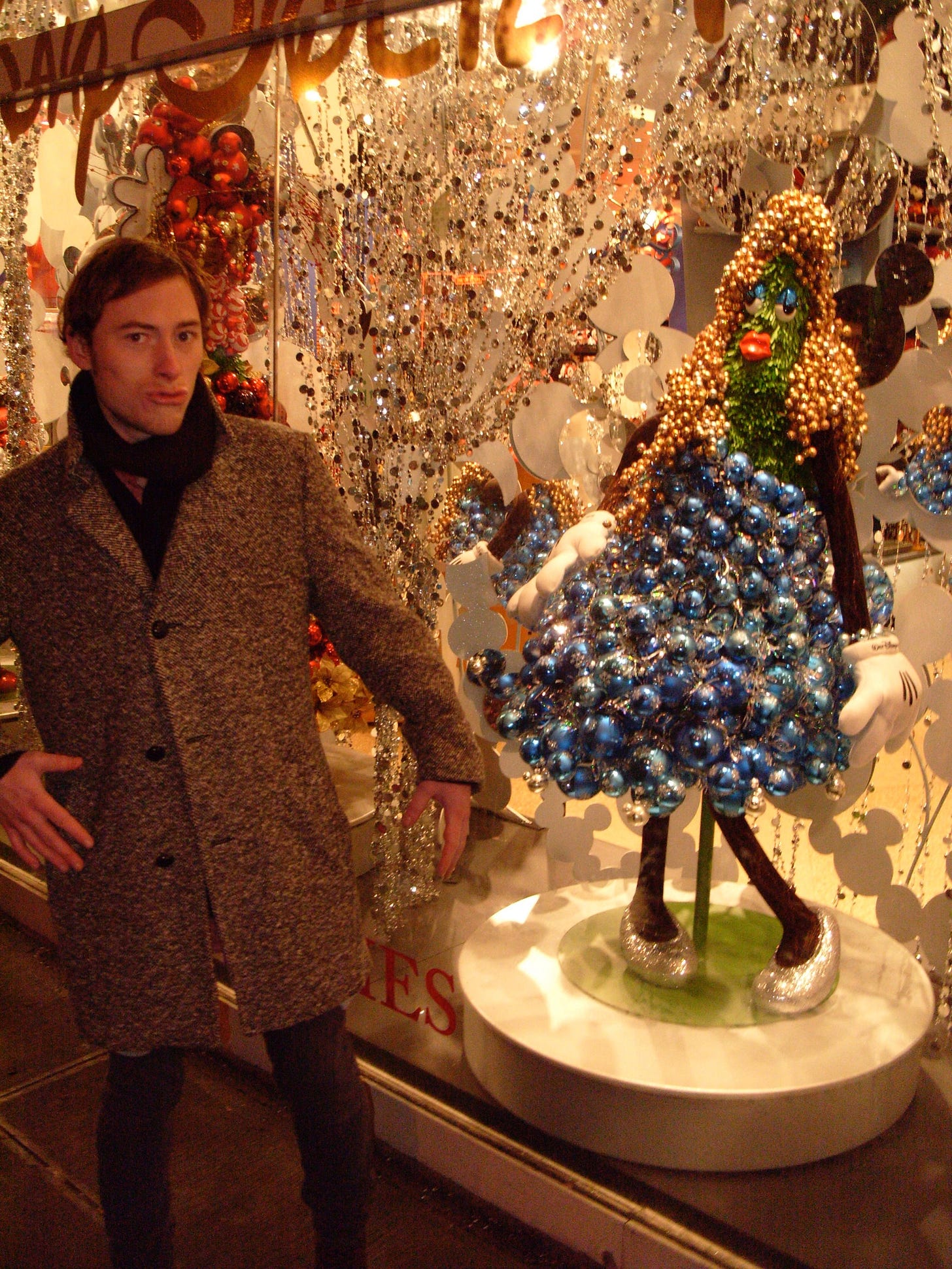
Dear Don,
After you took your life in early December 2019 in a tent in the frozen high prairie of Vedauwoo National Park, Wyoming, my first mournful impulse was to write letters to you.1 At first, these letters tried to make sense of your existence, the interwovenness of our lives, your death wish, and the events leading up to your life-taking. Since the COVID-19 pandemic erupted right at the heels of my grief, my writings also unpacked how you might have responded to this crisis.
You wanted the world to do better, and, for a minute during government-enforced city lockdowns, it felt like society was glimpsing a new world after a radical social restructuring. The pandemic necessitated Economic Impact Payments from the US government and enrolled many citizens into Medicaid. It was also a period of the resurgence of Black Lives Matter, spurred, of course, by an uptick in police killings of Black people. Many hoped these deaths wouldn’t be in vain as BLM ignited national discussions about the corruption and violence of the police and a desire to defund them.
Additionally, people weren’t required to give so much of their time and lives to a workplace as they worked from home or were furloughed. Some were forgiven for defaulting on rent and mortgage payments. Others flatly refused to pay rent at all. There were even talks of canceling student loan debt.
I know I have your attention now. Many of these previously unlivable conditions—student loan debt, unaffordable rent, giving your time and best years of your life to your employer—were factors that instigated your deep disdain for life and possibly influenced your suicide.
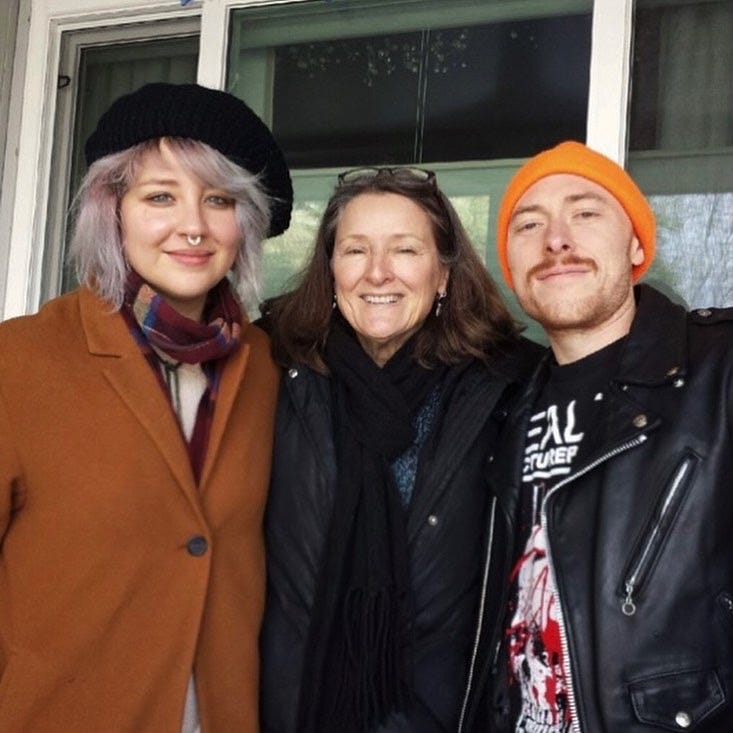
Of course, the beginning of the pandemic was never completely utopic. People, especially young people, were crippled by the stress and trauma of severe isolation. Suicide rates among the youth were escalating before COVID-19 and continue to increase. People who felt despair similar to your own were pushed to their brink after obligatory quarantine. But this despair was markedly different from yours, too. Loneliness and isolation were not the predominant circumstances forcing you to an early grave. After all, the year before you died, you placed yourself on house arrest in your parent’s basement in Cheyenne, Wyoming—the most forlorn state with the highest suicide rates.
If you had survived the early years of the pandemic—and the socialism-lite of the US government as it momentarily provided for its populace through hardship—you wouldn’t have lasted much longer. By 2023, we were on the other side of the instant global emergency the virus sparked, but, despite the relinquishing of government aid and implementation of mask-banning legislation, we still haven’t left it behind us. Instead, we left behind the momentum to push through social change as hope was deferred–even spurned–by the people with enough wealth and authority to push it past bureaucratic barricades.
The police weren’t defunded, but cop cities—police training campuses—rolled out across the nation. People went back to a broken healthcare system where insurance denials and high prescription drug costs kill in an absurdly for-profit enterprise. Rent and home loan percentages went up and are rising as large investors buy up more and more housing stock. Student loan debt wasn’t canceled; it probably never will be. The conservative super majority overturned Roe v. Wade. Let me repeat that: Abortion is now illegal or greatly limited in many states. And, as will come as no surprise to anyone paying attention to these developments, authoritarianism across the entire world is expanding while democracies dwindle.
Apathetically looking to 2025 in January, we remain unsure about the amelioration of inflation due to price gouging, error-prone AI algorithms determining denial for medical claims, a surge in book bans as the far Right censors critical race and queer theories, and a beyond horrific genocide in Palestine funded with an unprecedented amount of US tax dollars.
I’ve remarked to many of our shared friends that if you hadn’t yet killed yourself, the extension of US war-mongering and imperialist presence in the Middle East, bolstering Israeli apartheid and its ongoing project to exterminate Palestinians and Arabs, would have been the very last straw. These events would have confirmed for you that there is nothing to witness here but the death and destruction deliberately fueled by the sliver of the population that profits from such disasters, natural or otherwise. 2
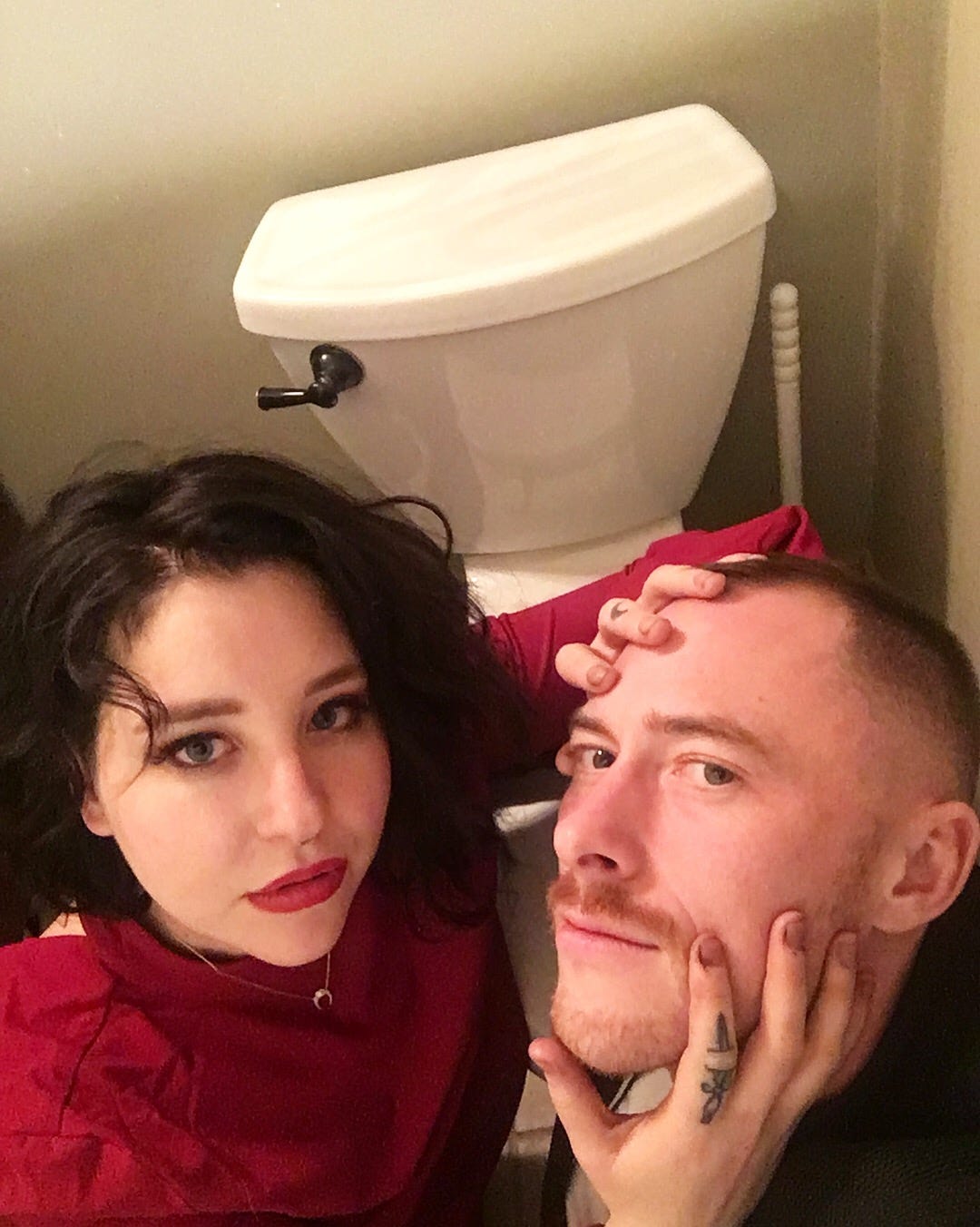
But then, with the very recent widespread approval of Luigi Magione’s assassination of United Healthcare CEO Brian Thompson—prompting a national discussion about how lethal US health insurance companies are—would you change your mind again? Would you have been roused to “fuck around and find out” (a kids-these-days saying that didn’t yet exist for you)? I have to admit that occurrences like this one, which has united communities otherwise at odds in terms of their social-political identities, give me a lot of hope. Maybe, eventually, our collective anger will set us free. Your anger, on the other hand, died with you in your selfish search for freedom.
These last five years have been too much of a rollercoaster of hope and disappointment to say for sure what may or may not have shortened or prolonged your life. Debating this is also moot since your scattered ashes are immune to my ploys to draw you back into (political) consciousness.
Nevertheless, I feel compelled to tell you about the Democratic party’s completed transformation as the new big-business-over-people Republican party, ensuring a win for Trump and his Project 2025 backers. Kamala Harris ran an arrogant presidential campaign, giving US citizens an ultimatum: Vote for me or lose democracy. Meanwhile, she cozied up with Dick and Liz Cheney for endorsements, reminded us about her proud gun ownership during an ongoing pandemic of school mass shootings, and kept repeating that she would ensure we have the “most lethal” military in the world even as we begged for an end to foreign wars and genocide. During her tone-deaf campaign speeches, she also coldly shut-up pro-Palestian protestors who could never dream of reaching an AIPAC-funded candidate anyway.
Considering that the Biden administration still has time but hasn’t made moves to forgive debts and push through pro-trans, pro-immigrant, and pro-abortion legislation, do you think anyone regrets abandoning the Democrats? In fact, at this moment, all Biden has done to preserve his legacy is pardon his son, which, granted, is a lot more understandable than his subsequent pardoning of a corrupt judge found guilty of sending innocent children to a for-profit prison.
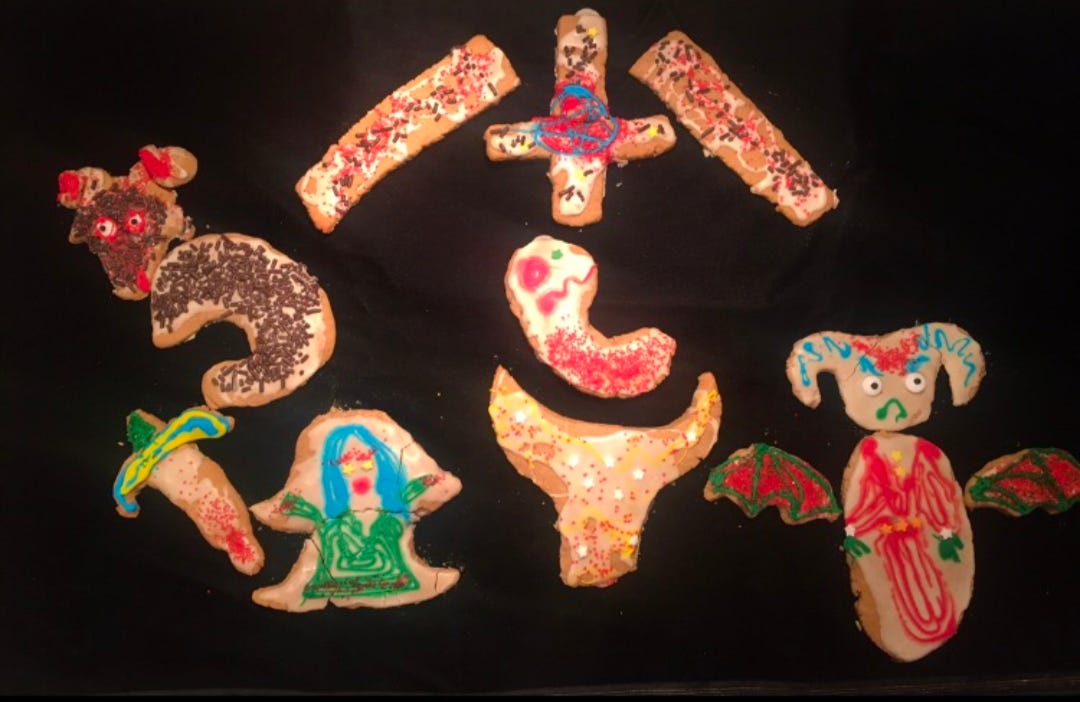
None of this is to say that we would have been in a worse position if Harris had won. Trump is clearly the greater of two evils, planning to follow through on his campaign promises for immigrant mass deportations and new tariffs that will surely make inflation and the economy worse. For me, the scariest part is his eagerness to let a bunch of elitist billionaires with white supremacist, pro-natalist agendas flood the White House. Elon Musk, in his new official government role in the Department of Government Efficiency (DOGE, get it? That has been around long enough for you to remember), is already working to chip away at social security benefits, starting with depriving veterans of healthcare.
Musk is not the only malignant tech mogul who supports Trump and JD Vance (the latter of who emerged on the national political scene by proclaiming that childless cat ladies shouldn’t have the right to vote). Silicon Valley comic-book-worthy villains Peter Thiel and Curtis Yarvin also support this incoming administration because it is their mission to infiltrate the government with people who want to destroy democracy, establish an anti-egalitarian techno-monarchy, and throw us all into the Dark Enlightenment.
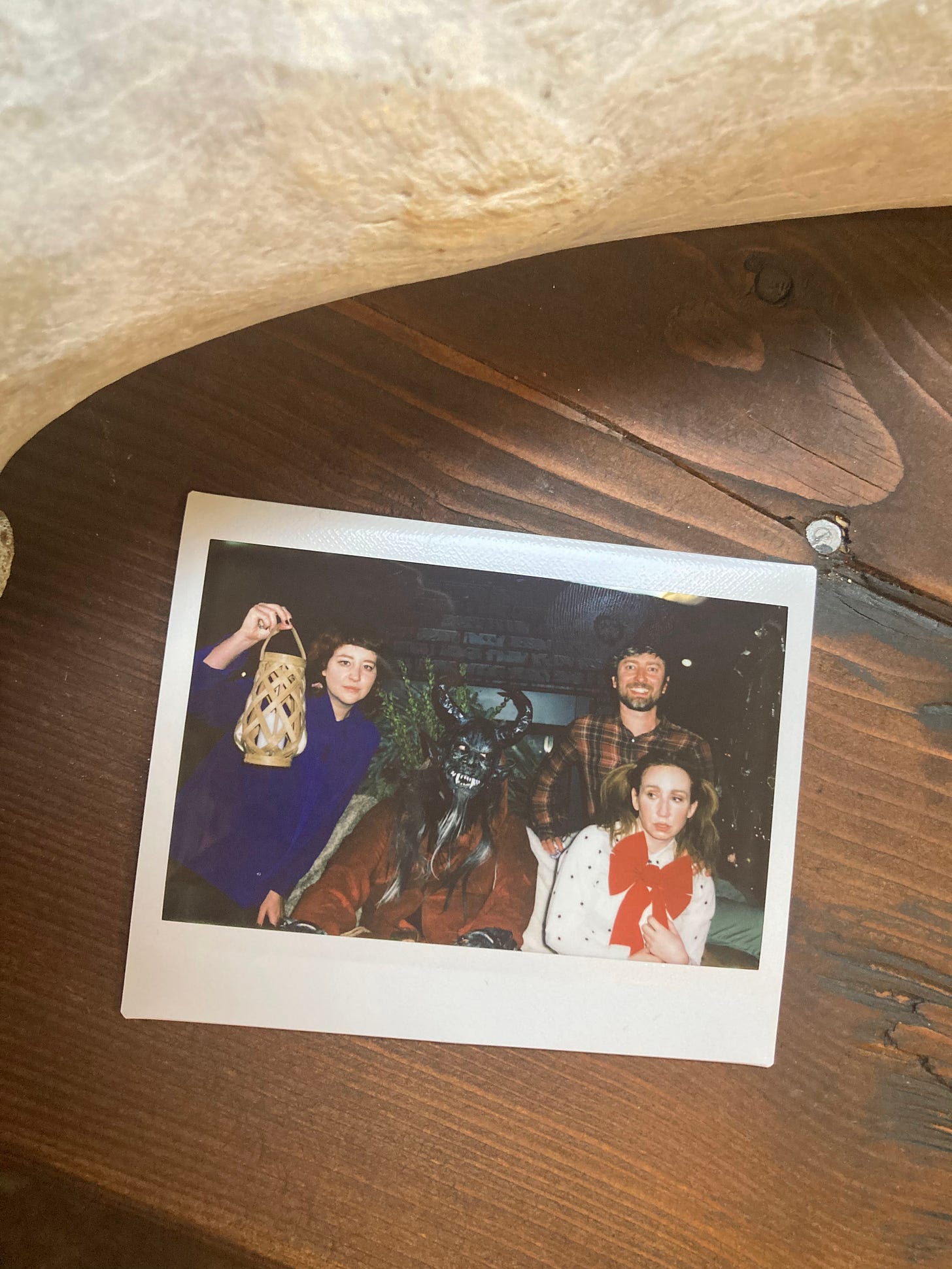
Perhaps you remember Thiel as the hypersensitive billionaire who made it his mission to shut down Gawker—a former New York-based celebrity gossip blog—after they outed him as gay? He’s exactly the kind of misogynist, self-loathing gay man we would have taken a lot of pleasure in disparaging together. How can anyone listen to him talk about heteronormative futurity—saying that we need to have more children because of declining birth rates—and not also hear his glaring interest in propagating a slave class of un-woke, un-unionized workers to do his lordly bidding?
Yarvin is a more shadowy figure whose self-published philosophies under the pen name Mencius Moldbug on his former blog and current Substack have garnered admiration from JD Vance as well as Steve Bannon (you were around for the first Trump administration, so maybe you remember Bannon as the chief strategist who only lasted a few months before Trump dismissed him). I predict that Yarvin will be the target of a lot of Lord of the Rings memes, a text that he, like you, is obsessed with. Writer Corey Pein sums up this Tolkien obsession well:
[Like] many big race theorists in Silicon Valley Thiel and Yarvin adore J.R.R. Tolkien, which can be read as an epic glorification of a winner-take-all race war. Tolkien’s trilogy also conveniently doubles as a regressive fantasy universe where heroic Nordic souls either gain power by force or come into it via birthright—in both scenarios, a lineage that leaves them untroubled by the irksome niceties of democratic procedure.
Of course, your obsession with LOTR didn’t have to do with the rise of an ethnonational dictatorship. You just liked the idea of living in a hobbit home in the Shire with occasional jaunts to the achingly beautiful Lórien. I’m sure Lórien is exactly how you imagined the afterlife and one of the reasons you wanted to enter it so badly.

With 2025 just around the corner, it feels impossible to usher in this new year without reflecting on the last five years. Maybe for this reason, the year of your death feels closer in time than it is.
Don’t think that I have forgotten how much you hated current events. You were always violently opposed to being forced to participate in social-political phenomena. Once, on a road trip, I was driving and took control of the radio, landing on a news show. You protested with a surprising amount of passion, telling me you didn’t want to listen to it. You flipped off the radio. I flipped it back on. You screamed and violently pulled a hood over your head as you drew your knees to your chest and forced yourself to sleep.
It was a jarring exchange that I haven’t been able to stop thinking about. Hearing about politics and war forced you to contend with a reality already dead to you, and I was the bully pushing you into a corner like a wild, trapped animal, reminding you that you couldn’t really escape it as long as you were alive.
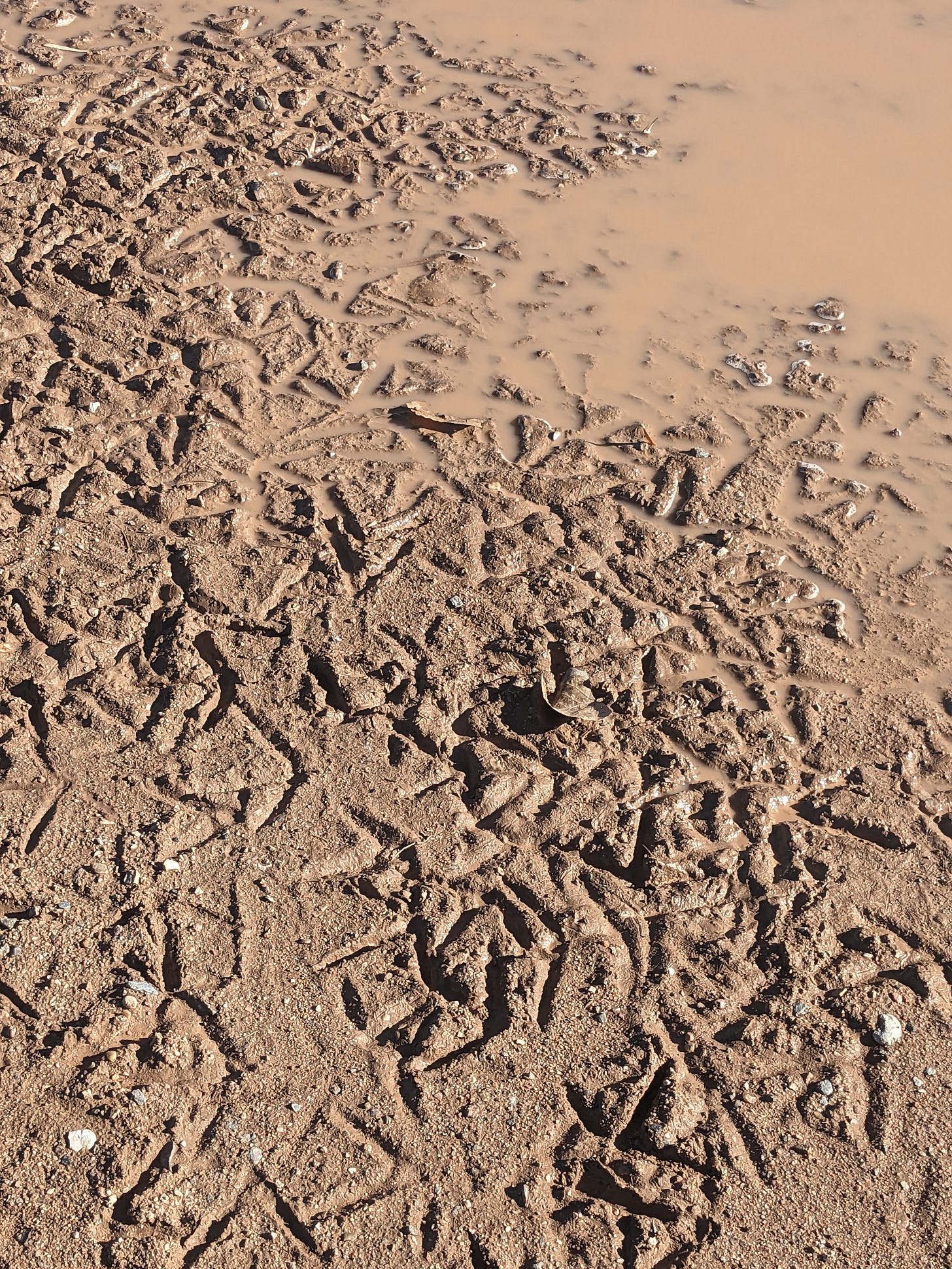
Many of the events of the last five years have been fomenting for the few decades you were alive, and I know you would have paid as little attention to recent developments as you did the old ones. Yet, despite knowing that my musings would have fallen on deaf ears, I still force them upon you, trying to find a way to make you feel trapped here with me again.
If there is a circle of hell or purgatory that one goes to for suicide, I hope that, for you, it includes being forced to read my letters and contend with the world you left behind. You left as an act of resistance, expecting to bypass all hardships and lessons for enlightenment in a Lórien beyond. But, in my unprovable sense of metaphysics, I don’t think there is such a bypass. We are recycled, microscopic particles as old as our universe.
On some cellular level, you are out there, infinitely dispersed and contending with an evolution of the same horrors and injustices we all must endure. You are part of the epic unfolding of history whether you want to be or not. In this sense, as these events and stories continue to tell themselves, you, like the rest of us, still haven’t found freedom.
- Donald Graham Hershey legally changed his name To Damien Moreau in 2017. In previous social media posts and a private blog, I have been calling Don by the name Damien even though he existed for much longer as Don. I am continually torn about how to address him. When I address him as Damien, I imagine I am addressing his dark side. Damien turned toward despair and death. Don, on the other hand, was full of light, naivete, and life. For these reasons, I’ve been trying to think of him as Don again, a version of himself that represents him at his best. ↩︎
- I have other posts about Palestine here and here. ↩︎
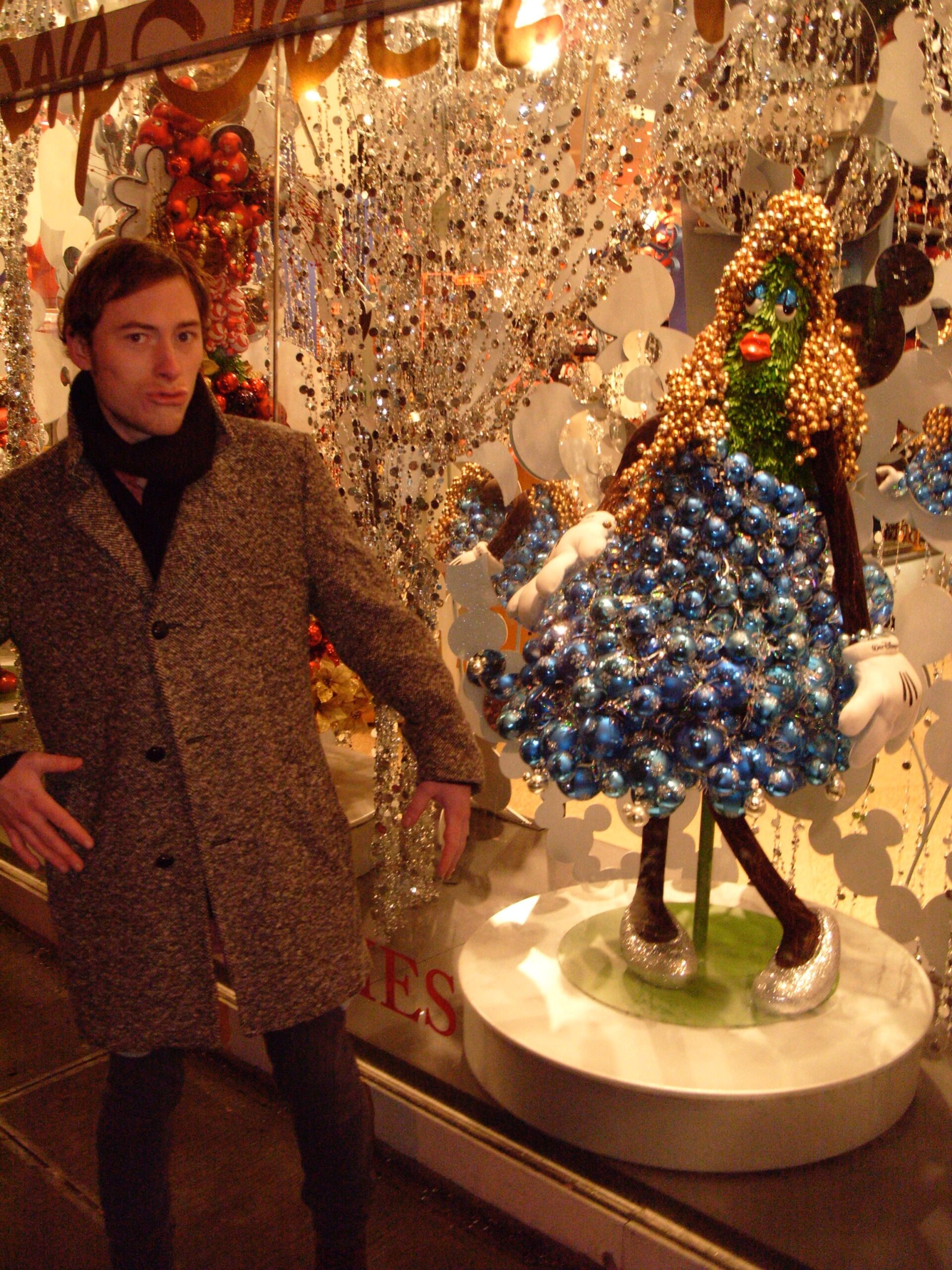
Leave a Reply